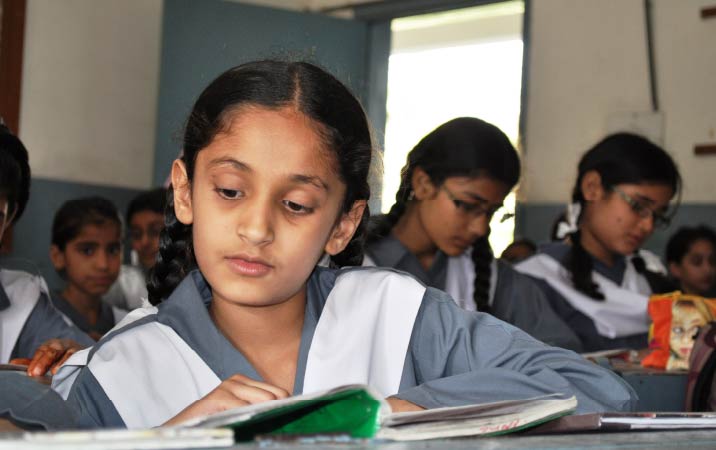By definition, empowerment is the act or action of empowering someone: the granting of the power, right, or authority to perform various acts or duties and/or the state of being empowered.
As the literal definition of the word suggests, empowerment is the process of facilitating or approving an individual to think, act, perform and take control of personal or work-life independently. In other words, offering the liberty to act like a normal human being. While this statement is strong in itself, it doesn’t do justice to this fact or lack thereof.
Education is the key to empowerment
Every society has communities, factions, or groups that are denied or repressed of their basic rights, but there is a common binding factor in these elements that can be termed as the lack of awareness about their rights either among them or some of the ‘dominant’ members of said society.
However, women have been primary targets of this denial of basic rights in the majority of societies for a large part of the history of mankind. Whether it is the right to life and liberty or freedom of opinion and expression or the right to work and education, women have been on the ‘further’ end of this spectrum.
However, still, there are large segments of societies, cultures, or people who choose to hold on to this outdated outlook against female education or empowerment.
Need for education
According to the U.N., 131 countries have enacted over 274 regulatory reforms in support of gender equality. India has seen an increase in women’s participation in the urban sectors but the circumstances still seem dire.
An increase in participation doesn’t necessarily signify equal representation. Women constitute almost 40% of agricultural labor but are controlling less than 10 % of the land. They are excluded from the formal economic sector, which highlights the exploitative nature of the society we live in, which is based on gender partiality.
Similarly, the education of women is still frowned upon. The United Nations suggests when girls reach secondary school, their consecutive enrollment rates decline significantly. Only 39% of countries have equal percentages of boys and girls enrolled in secondary education.
In developing countries, 35% to 85% of girls are forced to stay home from school to take care of their younger siblings or the house, which makes the female student attrition rate dramatically higher than their male counterparts.
Gender roles leading to lack of education
The society we live in works on normative gender roles where women carry the burden of all emotional responsibilities, while men are in charge of providing for the household.
In most cases, this automatically creates a hierarchy and reverence of the money maker leading to domestic abuse primarily against women, which is the main cause of frustrations and traumas.
Financial Independence and abilities developed through a formal education system enable women to break this social cycle to be able to stand along with the opinionated moneymaker and provides them with the strength to step out and learn the ways of this world, instead of confinement to the domestic chores.
Women’s education plays a vital role in the overall development of the country. It is reasonable to look at this education as the development of half of the human resources of a society or a nation. This analogy helps to understand the importance of female education and empowerment towards improving the quality of life at home, outside, or even in a nation.
Courtesy- indiatoday








